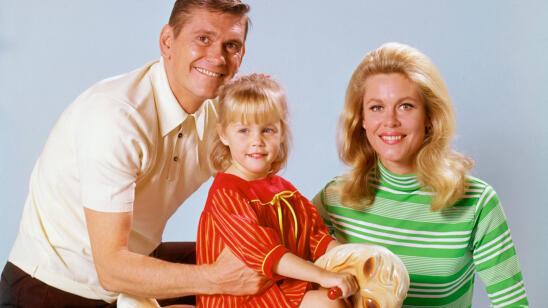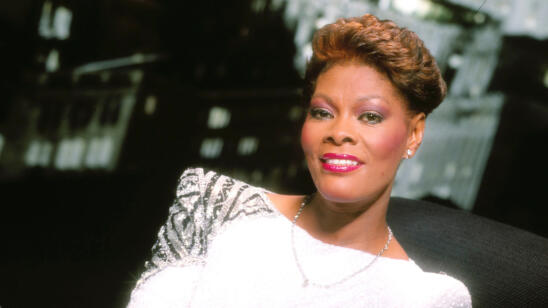
After serving as a nurse in Texas for 27 years, the last 20 as a forensic nurse, Laurie Charles has developed a keen sense for a child in trouble.
Charles works in hospital emergency rooms to identify, medically treat and collect evidence from crime victims—often child sexual crime victims. After obtaining a BSN (2014) and then an MSN (2015) from WGU, she began teaching other nurses at Texas A&M University and she’s now one of the leading lecturers, leaders and advocates across the state in how to investigate these hard-to-identify crimes.
An edited interview with Charles follows.
What concerns you about public perceptions about human trafficking and sexual abuse?
When people say, “It doesn’t happen here.” They’re wrong… We beg to differ. People do terrible things to other people. I live in that world. Once you realize that, you can’t ever pretend again that the world is a rosy place.
How did Western Governors University help to get you where you are today??
I’m grateful to WGU, for a relatively painless process of getting a great master’s in nursing education . I never would have gotten the job here at A&M if I didn’t have that master’s, and they made it possible.
What do you teach now?
We teach how to investigate sexual assault, how to be a death investigator, how to investigate elder abuse and human trafficking. We teach victimology—how crime perpetrators choose their victims.
My main focus is taking care of children. I ran a forensic nurse program for 16 years in San Antonio in emergency rooms. We saw children for physical abuse, sexual abuse and neglect
Why did you become a leader in human trafficking work?
We made a mistake. I was at Children’s Hospital, San Antonio. It was 2012 or 2013. We missed (recognizing) a child human trafficking victim one time, a little girl (in the San Antonio emergency room)—and this was very upsetting to us as a team.
We asked our sexual abuse partners, “What did we miss?” And they told us, “You should have asked how she met the people who assaulted her.” And so we found out her mom introduced her to those people and sold her to those people. That took my breath away and brought tears to my eyes. It was soul-crushing for me. So we decided—we’re going to educate ourselves.
Why are trafficking victims so resistant to getting help?
Because those who’ve been trafficked have often lost trust in humanity. They don’t know who they can trust, so they might not talk to you. One child told me—and it stopped me in my tracks—she said it’s a trauma to your soul that never goes away.
What does the public get wrong about trafficking and sexual abuse?
That children are child prostitutes because they want to do this. But a child cannot (legally) consent to have sex.
That any person goes into the sex trade willingly. They might even say “I did this willingly.” But when you delve into it, there was NOTHING willing about it.
So we need to think first that they’ve been victimized, and then, “What can we do to help them?”
What do authorities get wrong about the same subject?
The same thing.
Do they put these victims in jail?
That does happen, because there are so few treatment facilities available. Research is showing that this trauma (of trafficking) is on the same level as what happens during torture.
A genie appears before you. You get three wishes about how to fix the world. What are your wishes?
That children are healthy and safe. That people understand the gift they’ve been given when a kid comes into their life. And that I have to find a completely different job—because abuse no longer happens, and we don’t have to worry about it anymore.
How do you get through to trafficked teenagers who often claim they don’t want help?
I had a girl one time, years ago. She was a hard little turkey. I asked her, “If I send you home, are you going to hurt yourself?”
“Nobody will care if I do.”
“You’re wrong.”
“No, I’m not,” she said.
“You are,” I said. “Because I won’t be okay.”
And she just looked at me. Weeks later, she comes back in my hospital. She says, “I really hate you.”
And I said “You can hate me all you want. But you’re still here.” And she smiled this beautiful little cocky obnoxious teen-aged poo smile. We both knew at that moment that it was important that one person cared about her.
And it was me.

